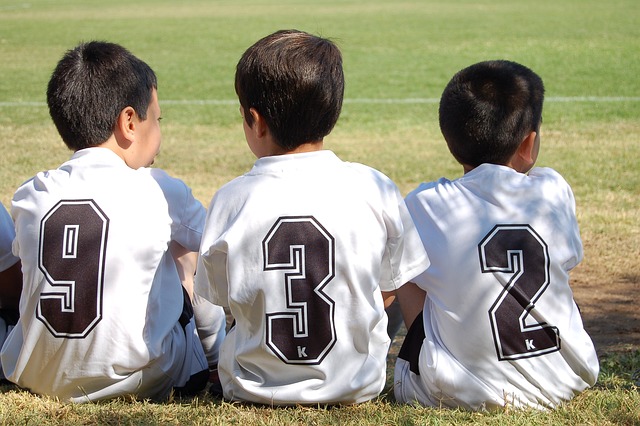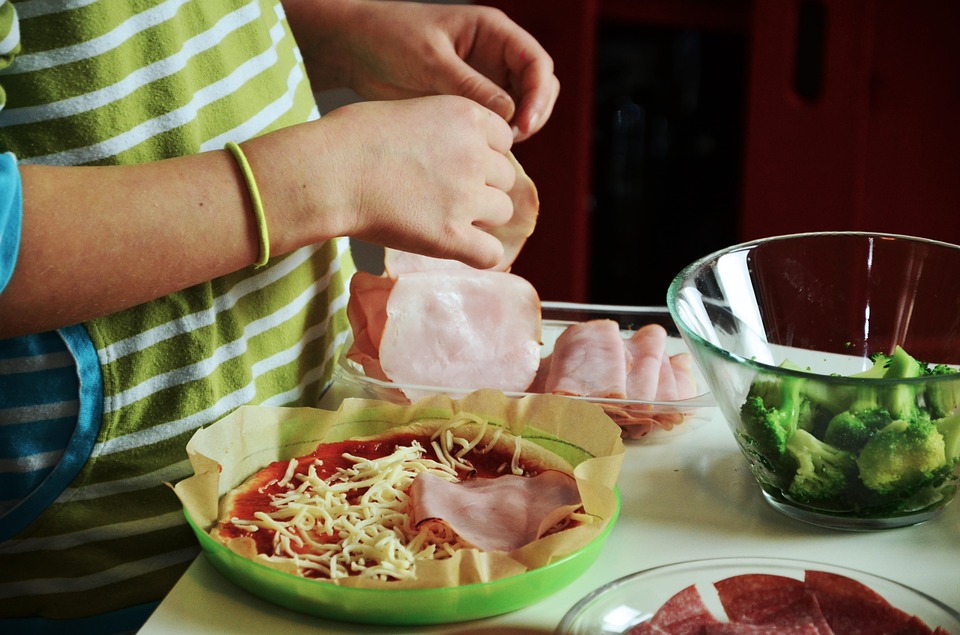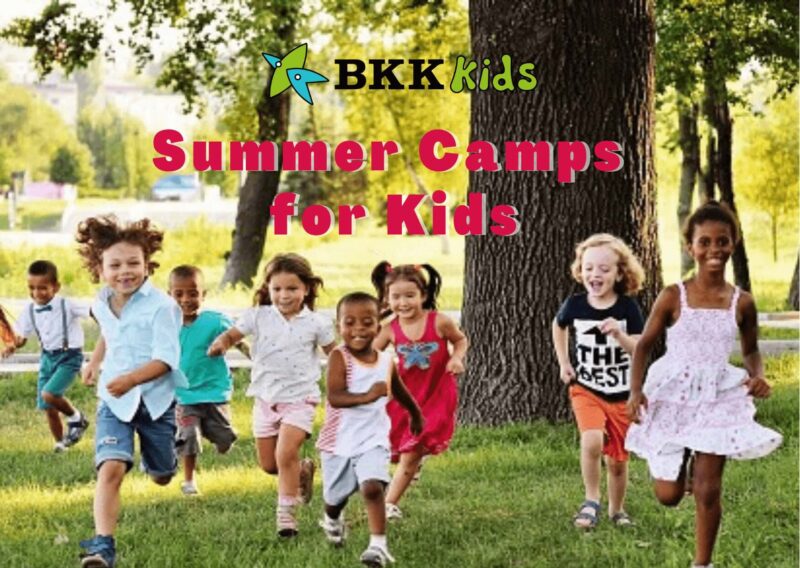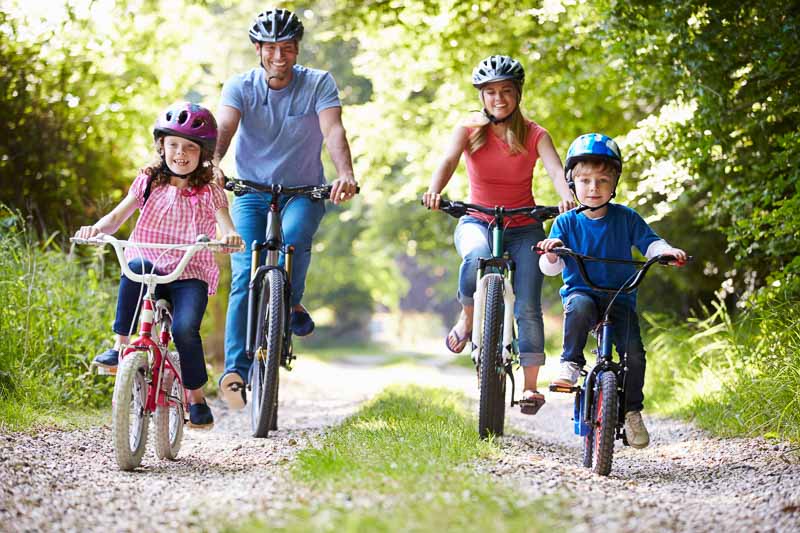Everyone knows that exercise is good for you but how do we encourage these healthy habits for our kids especially in an age where ever-evolving technology is constantly distracting them?
A good start is to discuss how promoting physical well being brings countless physical, neurological, social and psychological benefits and how each attribute will help them as they mature. To develop good exercise habits at an early age, children should be encouraged to include exercise, in any form into their everyday routine. Try to combine their natural enthusiasm and energy with a fun activity that they enjoy, from early climbing of trees to catching and throwing a ball. In this way, exercise will become not only a habit but also an eagerly anticipated activity. When exercise becomes a regular event, the benefits increase exponentially.
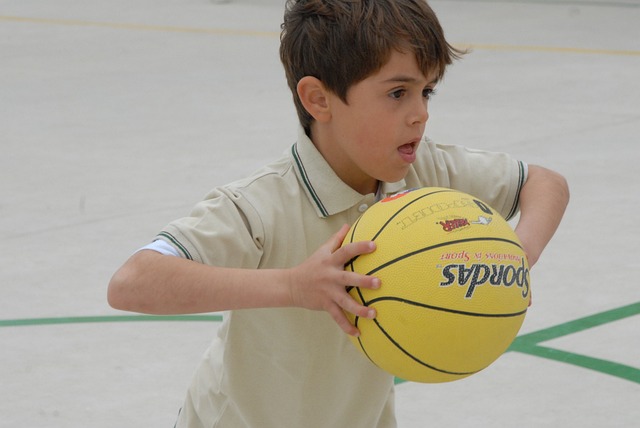
Promoting Exercise as a Habit
With all the technological distractions available today, getting kids started in a regular exercise regime and then maintaining their interest is not as easy as it once was. For this reason, it is essential that one or both parents, as well as any other family members, such as older siblings or cousins, set a good example by modeling the activity and encouraging the child to keep exploring different types of exercises and sports. Try to get involved in whatever sports your kids enjoy, take up running around the park with them, encourage family fun bicycle rides or challenge them to take up and try out new sports to gently push them out of their comfort zones. Make sure they understand the importance of stretching before and after any vigorous exercise to warm the muscles up and cool them down to prevent strains. Make this into a fun family activity at weekends and remind yourself of how flexible you used to be!

The key factors in promoting exercise as a habit are to have fun, to socialize and to be safe. Exercise, especially for children, must be an enjoyable activity. If children regard exercise as a chore, they will soon lose interest and motivation. For most kids, playing a sport is far more enjoyable than just exercising. Whether playing an individual or a team game, playing sports can also encourage social skills and form friendships, when kids know they will get to play & see their friends it’s a great way to turn regular exercise into a fun habit.
Gently Push Kids Out of Their Comfort Zones
As parents it’s important to encourage kids to move out of their comfort zones and try-out for numerous school sports teams until they find something that is a good fit for them. If they enjoy dance maybe they could try gymnastics, if they like enjoy ball sports they could evolve from football to rugby or tennis. Sometimes it takes kids a while to find a sport that’s a good fit for them and after school activities and kids camps can be a great way of trying out something new. If they don’t make the school team just remind them it’s all about the fun of playing and loving the sport and perhaps try to help them look for sports clubs or teams outside of school that they can get involved in.
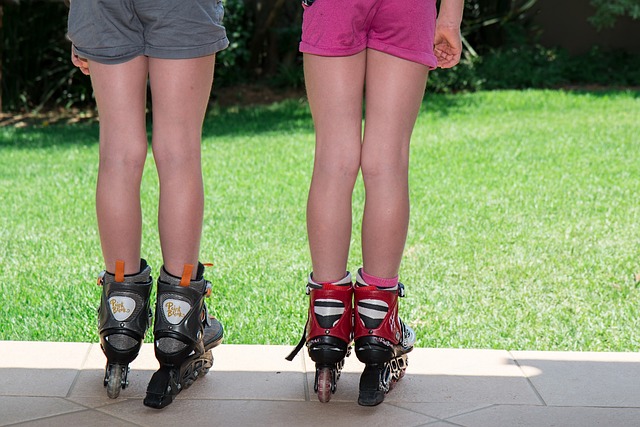
But I Don’t Want My Child to Get Hurt
All sports come with physical risks and all kids are susceptible to sports injuries from learning to ride a bike or climbing a tree, but consider what fun they have vs the risk of them falling. Children younger than 8 years old are typically less coordinated and have slower reaction times than adults because they are still growing and developing, how many times have you thrown a ball and your child misses it and it hits them! As children grow bigger and stronger, the potential for injury increases, largely because of the amount of force that becomes involved and any physical activity comes with an element of risk. Remember, some minor bumps and scrapes are inevitable when children play sports but the benefits of physical health far outweigh any minor scrapes they may get into.
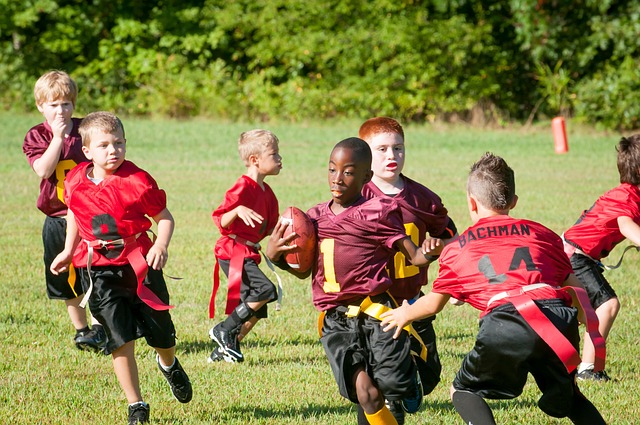
Parents can help to minimize the risk of many types of sport and exercise injuries simply by being informed and taking a few preventative measures. For physical contact sports, be sure to buy the necessary protective equipment for your child and emulate safety to them when riding a bike for example or diving and wakeboarding. The sooner children are involved in sports, the longer the benefits will last.
Above all instill in your kids it’s OK to fall or fail, it’s all part of the sports learning journey. A healthy and active child is far more likely to grow-up to be a healthy and active adult and let’s face it, sports opens up many opportunities both socially and professionally and motivates them towards healthy life skills.
Pssst… enjoying what you’re reading?
Join our community and never miss an event, post or update! Just enter your email address below:



